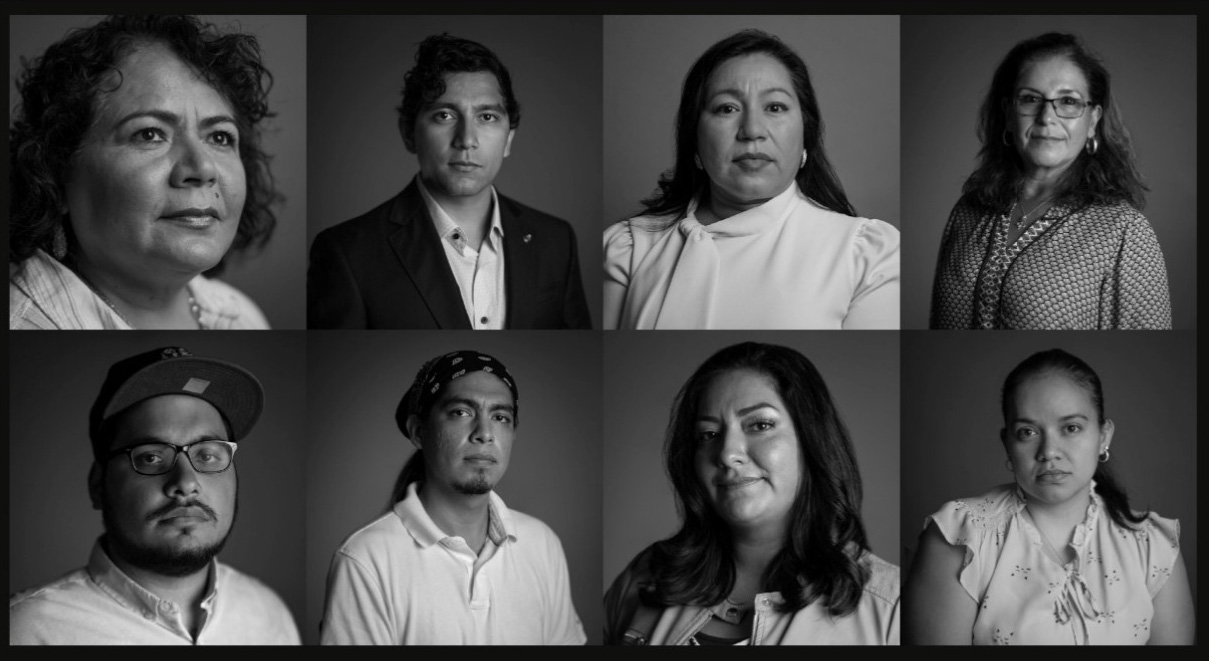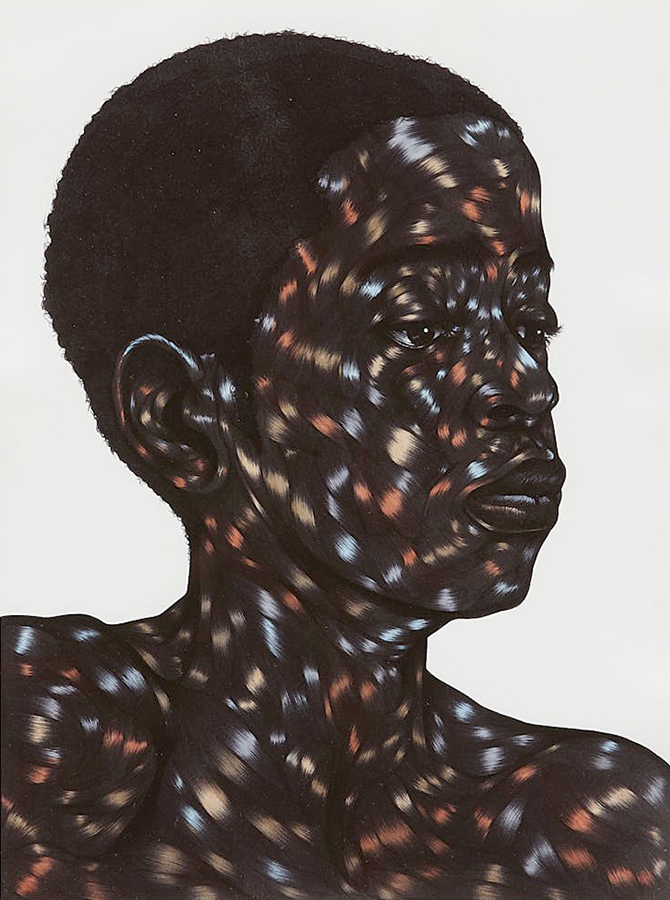Phillip Lopate says writers should not simply be wry observers but rather should strive for a “worldly voice” reflecting upon daily experience to express a larger truth.
 Perhaps best-known for his essays, Lopate also is a poet, a novelist, a film critic, a memoirist and a nonfiction writer, as well as a teacher.
Perhaps best-known for his essays, Lopate also is a poet, a novelist, a film critic, a memoirist and a nonfiction writer, as well as a teacher.
In addition to writing his own material, Lopate has edited anthologies featuring the work of others. As editor of “The Art of the Personal Essay,” published in 1994, Lopate provides a historical overview of the personal essay genre, which he calls “one of the most approachable and diverting types of literature we possess.”
A Brooklyn, N.Y., native, Lopate earned his bachelor’s degree from Columbia University in 1964 and a doctorate from Union Graduate School in 1979.
He recently spoke with Faith & Leadership about his views on the thoughtful personal essay, as well as his experience studying the Old Testament. The following is an edited transcript.
Q: Why do you argue against the “show, don’t tell” approach to the personal essay?
I’m really defending the great traditions of essay writing and of autobiography. The glory of that tradition is the reflective voice, making sense of what happened.
There are starting to be calls for nonfiction that is done entirely in scenes, with dialogue and cinematic detail. This runs counter to the beauties and, you might say, the wisdom of the reflective voice.
I’m interested in the essay as a kind of search for meaning, where you’re not sure where you’re going. You can’t show. You have to be able to tell. I have no idea why telling has become so forbidden.
Q: Although a sermon isn’t a personal essay, there are some similarities. What advice do you have for sermon writers?
The sermon and the essay are very close, actually. And a lot of people who wrote sermons also wrote essays.
One of the things that I look for when I’m reading essays and other nonfiction is a sensibility, a consciousness that is worldly, evolved, that’s able to tell me not just what happened but what they make of what happened.
That means being able to summarize, to synthesize, to judge, to opine. These are all necessities for the transmission of a worldly voice.
Q: Do you have any thoughts about the best way to draw significance from the experiences of daily life?
I think you often construct it with your voice by conveying a warmth, an honesty and an intimacy -- and sometimes, as in my case, a kind of mischief. It’s a willingness not to say the ordinary, make-nice thing that creates a tension from the very beginning.
The reader thinks, “Oh, this could go any way, and this person is a kind of loose cannon; let’s see where he goes with this.”
I’m very drawn to the comic essay. Whether it’s people like Max Beerbohm and H.L. Mencken, or more recent comic writers. I think that every good writer has to have a moral vision, but I don’t think that you should come across as moralistic.
So I would not end the piece with a big moral point, because that can feel too plodding and too pat. In fact, I would recommend holding on to doubt and self-doubt as long as you can, up until the very end.
Q: You talk a lot about being self-deprecating. What’s the value of that for the reader?
It’s partly a strategy; the reader doesn’t want to hear you boasting too much, so you mock yourself, and therefore you show that you’re not taking yourself too seriously.
If you’re creating a kind of comic figure out of yourself, it makes it easier for me to identify with you.
Q: What do you mean by honesty? Do you mean sharing personal details?
The first layer of honesty is how you think. So, for instance, with a writer like Michel de Montaigne [known as the father of the essay] or Charles Lamb [a late-18th-century romantic essayist], we don’t learn anything personal about abuse, addiction, incest or anything like that.
We learn how they think. Saying what you actually think can be harder than it looks. So that’s one kind of honesty.
Second of all, I think you have to be attentive to what in your experience will have greater relevance to others. That takes you away from the myopia or self-absorption of some confessional writing and makes it clear that there is this larger relevance.
I think that honesty gives you a kind of topographical dimension in your writing; you have to go for something further.
You reach a certain plateau, and then you say, “But what do I really make of this? What is really underneath this?” and so you keep trying to dig.
That’s why I advocate honesty. It gives you a kind of dynamism and a kind of direction in your pieces.
Q: To what degree do you recommend that writers balance tradition with innovation, either in form or in content?
I certainly love the tradition and the centuries of great writing. When I teach, I often teach the older writers of the 18th and 19th century, because I don’t want students to feel that they can only write in the style of today. I think that some of the gravitas that sentences acquire comes from echoes of the past.
I also think that in the past there was quite a lot of innovation and experimentation. I’m less inclined to believe that innovation is breaking out all over the place [today] and more inclined to see a continuum of innovation. So, in a way, innovation is part of the tradition.
Q: Do you have any particular essays or essayists to recommend to people who write sermons?
I would recommend all the great essayists. Someone like James Baldwin was a boy preacher, for instance. Virginia Woolf or George Orwell takes you into processing doubt, slowly moving towards a greater certainty. So all the great essayists, maybe even going back to Seneca and Plutarch, should be read.
And someone like Laurence Sterne, who was a great innovator, delivered sermons, as did [Jonathan] Swift.
Q: You do so many things -- you’re a novelist, a poet, an essayist, an editor, a memoirist -- and you’re also a teacher. In what way does each kind of work inform the other?
Any classroom presents psychological challenges: Is this going to meld into a group? Am I going to work past the students’ resistance? Am I going to be able to work past my own resistance or countertransference?
I also find that teaching enables me to articulate my own aesthetic. I’ve just finished a book of pedagogic essays about the teaching of nonfiction, which talks about a lot of different issues, including the “show, don’t tell” issue.
I don’t really see myself as just a writer or just a teacher. I see myself as both, and they feed each other.
Q: It’s not unusual for writers to be college teachers, but I found it fascinating that you were a public school teacher for so long. How did that come about, and what did that bring to your work?
I worked in the public schools for about 12 years, as a writer in the schools. I was not a licensed teacher. So it was a novelty for the kids. I began teaching them writing, poetry and fiction.
From there, I branched out into putting on plays with them, making movies with them, videotapes. We built a radio station, we had our own comic books, and we started a small press.
It was a very healthy example of taking a piece of work and developing it, amplifying it and branching out in all its different directions. There is a kind of action side to me that likes to do things, likes to build institutions.
Kids are great for that, because they have no respect for you. They don’t know who you are as a writer. But if you engage their imaginations and desire to do something, then you’ve got them.
I found it very exciting to be a teacher of little kids. I worked from kindergarten all the way through high school before I began teaching in the university. I found those to be great years.
Q: You mentioned something about building institutions. What do you mean by that?
Well, at P.S. 75 [in Manhattan], where I taught, I built a writing team with filmmakers, writers and so on. We fanned out over the schools and worked with all kinds of groups -- kids, teachers, parents.
Now I’m director of nonfiction at Columbia in the Master of Fine Arts program, and I’m trying to strengthen it and shake it up and do different things with it.
Oddly enough, I’ve been asked twice in the last year to write some kind of institutional history -- the first 100 years of Brooklyn Academy of Music, and now I’m writing a historical overview of the New York Film Festival, which is entering its 50th year.
Nonprofit institutions start off with a kind of vision, then the founder leaves or dies and they have to reinvent themselves. So that’s all part of what interests me.
Q: Explain what the Genesis discussion group is and why you were a part of it.
The Genesis group was started at the Jewish Theological Seminary. It was half biblical scholars and half writers, and the idea was for conversation to occur. A lot of the biblical scholars were actually from Union Theological Seminary. They were Christian scholars who had an enormous knowledge of Hebrew and the Bible.
The writers were supposed to bring a certain skeptical, speculative tone to the discussion. And we began with Genesis, going through it chapter by chapter, and then we went to other books in the Old Testament.
It was an interesting experiment. The writers were people like Cynthia Ozick and Max Apple and myself, who were often quarreling with God. The biblical scholars knew so much more than we did, but generally they were quiet and the writers were mouthing off all the time.
But I think it was in the tradition of the midrash, the tradition of alternate ways of looking at these stories. I’m basically a secular Jew, so what interests me is the textuality, the analysis and the midrashic tradition.
Q: Did it change your faith, or the way you looked at the Bible?
It certainly changed the way I looked at the Bible. It enabled me to look at the Bible more as a wild text where people were always misbehaving. It wasn’t pious. It was filled with human drama.
Something like Abraham sacrificing Isaac became this large philosophical discussion with lots and lots of dimensions to it. I came to appreciate more the richness of the stories and then the richness of the commentary.
Q: If you’re a storyteller by trade, it’s the ultimate story.
Absolutely, and it’s the bedrock of Western civilization.





